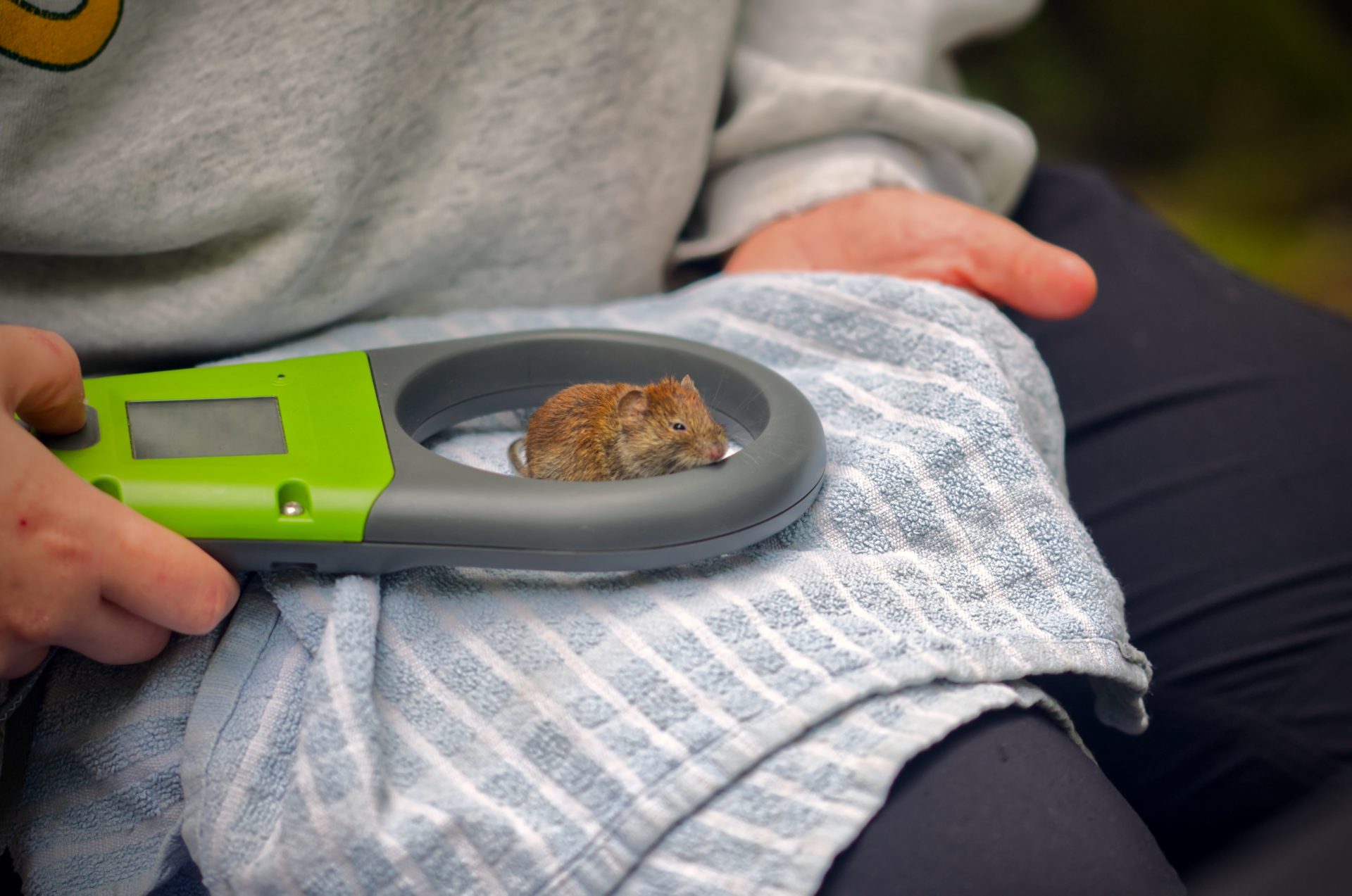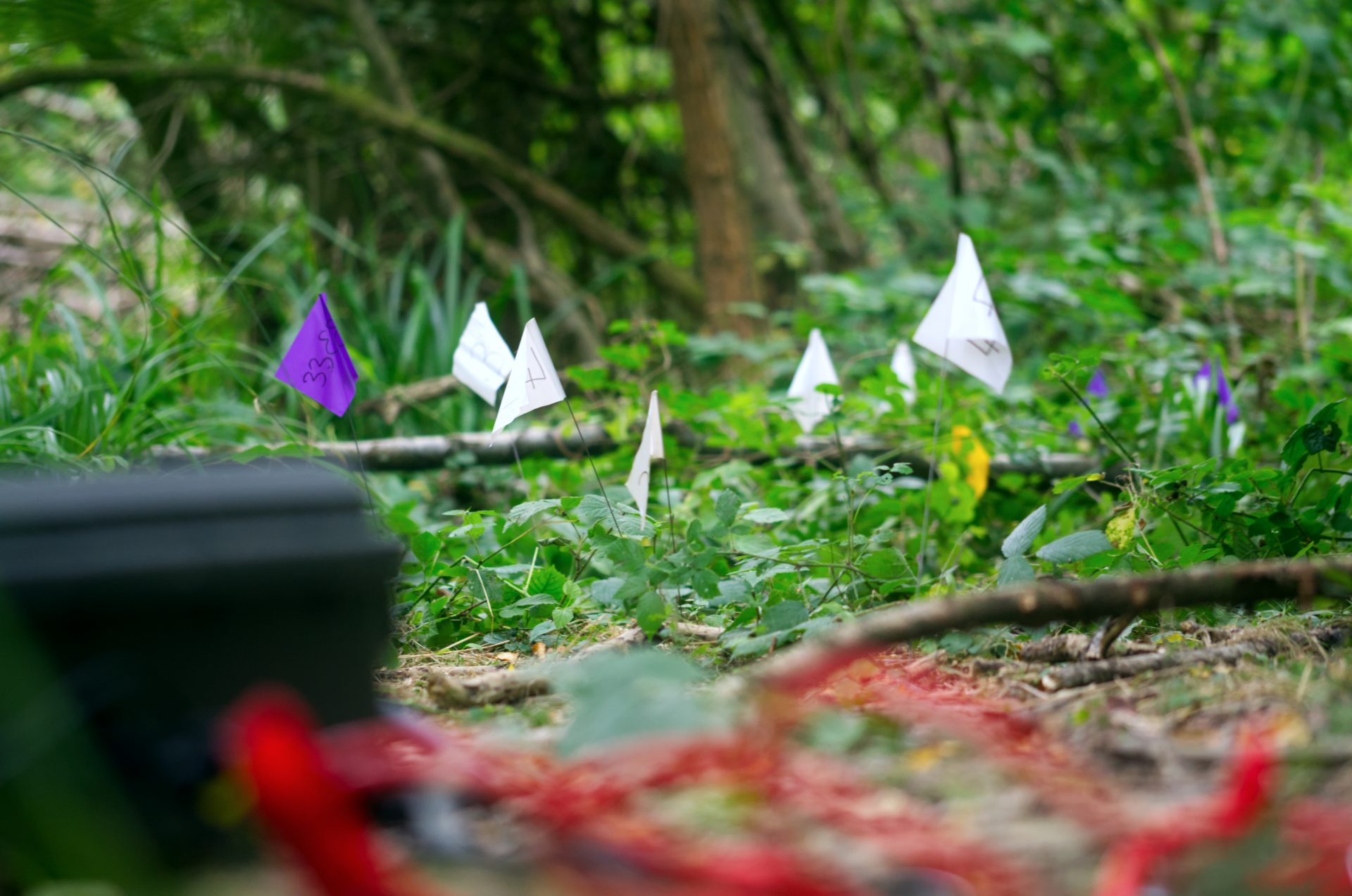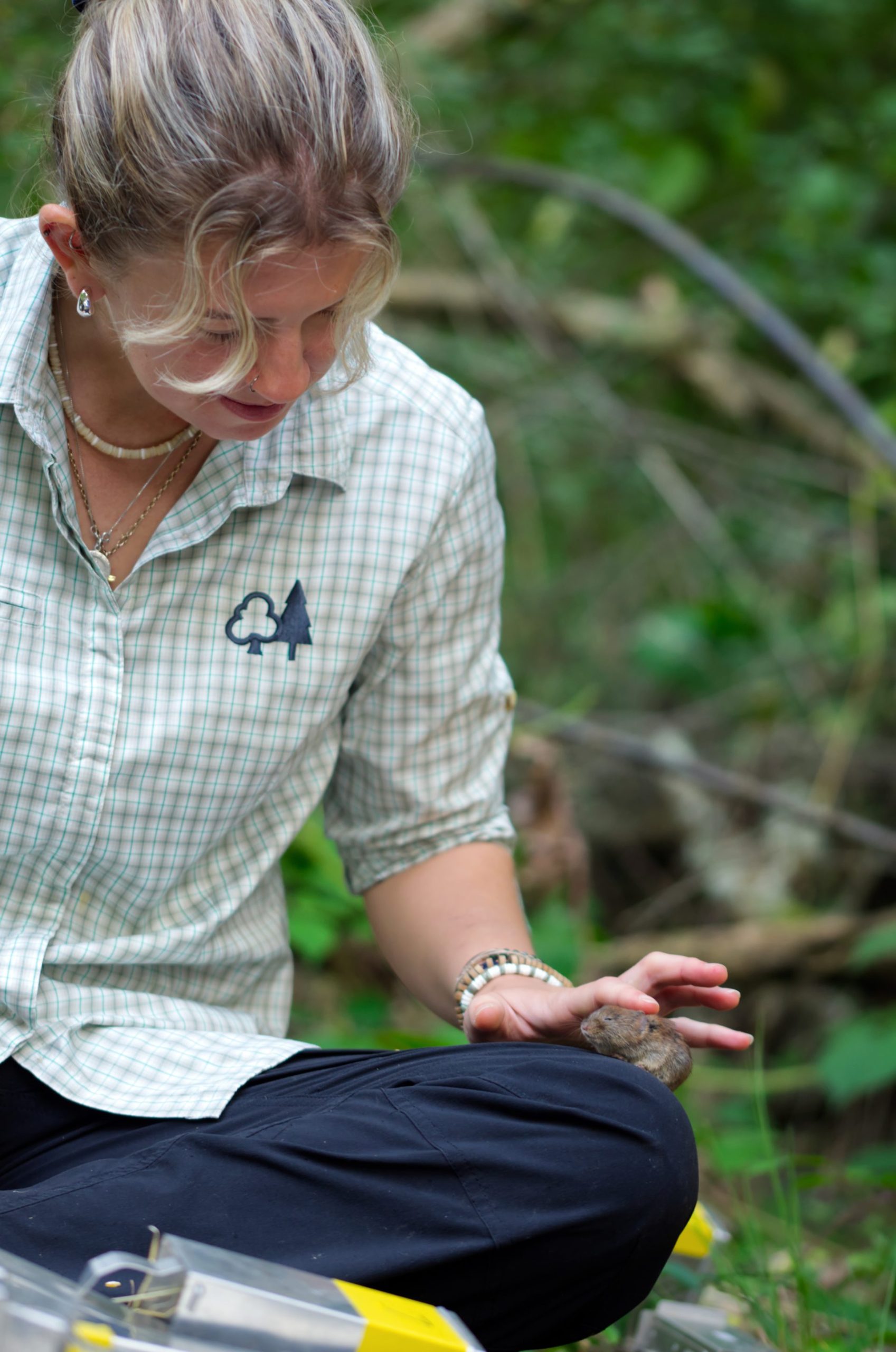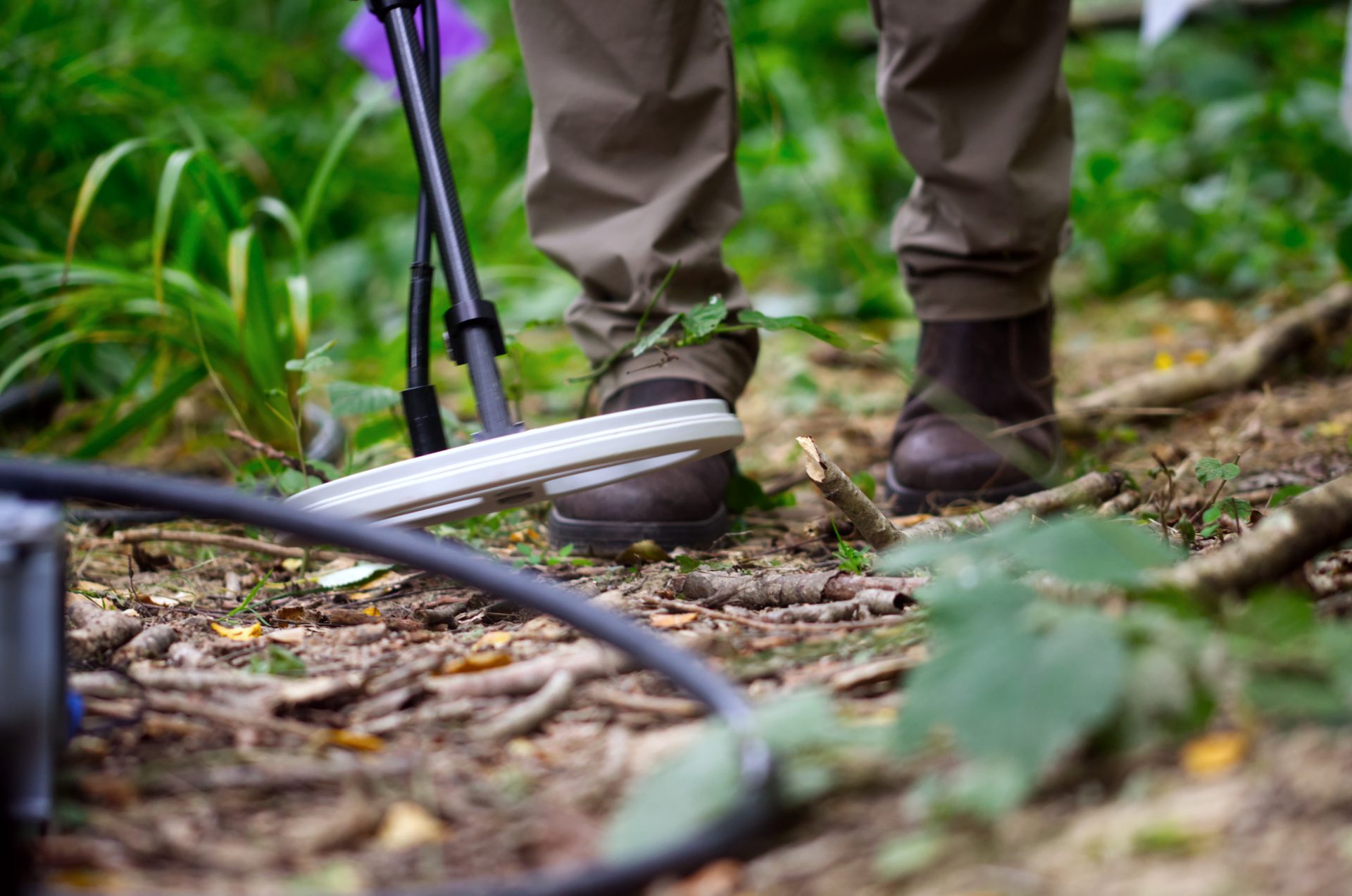Summary
Overview
In their early stages, planted woodlands may not support the biodiversity of mature woodlands, making their value seem irrelevant (Watts et al., 2020). However, these woodlands can offer a less hostile environment for species movement, enhancing connectivity and benefiting biodiversity.
Our study uses woodlands planted under grant schemes in the 1990s as a natural experiment to explore their connectivity value. Using novel empirical research techniques, we aim to gather evidence for species movement across fungi, invertebrates, mammals, and plants.
The findings will help manage and target new woodland creation to maximize biodiversity gains and deliver ecological benefits.
This project is part of the Nature for Climate Fund.

Research Objectives
This project aims to assess whether newly created woodlands enhance (or ‘fast-track’) connectivity for woodland species within fragmented landscapes. Specifically, we ask:
- Are individuals of selected woodland species/groups able to move:
- into and through new woodland creation sites, and/or
- between existing mature woodlands which are connected by new woodland?
- How is the ability of new woodland creation sites to enhance connectivity influenced by their age and other attributes (e.g. structure)?
- Are there specific attributes within newly created woodland that could be managed to enhance their connectivity value?


Latest Update
A pilot field study was conducted in 2023, with great success.
The team is currently busy collecting data for the 2024 season at 10 sites across England and Wales.

Funding & Partners
- This project has been funded through the Government's ‘ Nature for Climate Fund’
-
 DEFRA
DEFRA -
Collaborating Partners
-
 University of Swansea
University of Swansea -
 Natural England
Natural England
